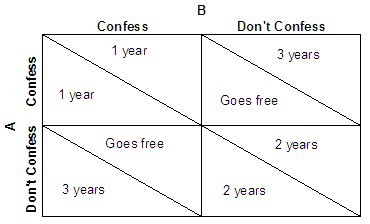Which of the following is true concerning unilateral transfers in the U.S. balance of payments?
a. Unilateral transfers have been positive since World War II.
b. Unilateral transfers have been negative since World War II.
c. Unilateral transfers have been negative every year since World War II except during the war in Iraq.
d. The United States places tight restrictions on moneys being sent out of the country.
e. Developing countries ordinarily place no restrictions on moneys being sent out of their countries.
C
You might also like to view...
When demand for a product is very inelastic, the burden of a tax falls mainly on
a. producers. b. consumers. c. tax collectors. d. people who drop out of the market.
If purchasing power parity holds, then if the price of a basket of goods in the U.S. rose from $1,500 to $2,000 and the price of the same basket in Mexico rose from 12,000 pesos to 18,000 pesos
a. inflation was higher in the U.S. than Mexico so the U.S. dollar would appreciate. b. inflation was higher in the U.S. than Mexico so the U.S.dollar would depreciate. c. inflation was lower in the U.S. than Mexico so the U.S. dollar would appreciate. d. inflation was lower in the U.S. than Mexico so the U.S dollar would depreciate.
When nations desire a healthy macroeconomy, they typically focus on three goals, one of these being:
A. balanced budget B. prudent monetary policy C. low inflation D. assuring competition between firms
 Refer to the above payoff matrix (in years of sentence) for two people (A and B) charged for robbery. Which of the following is the outcome of the dominant strategy without cooperation?
Refer to the above payoff matrix (in years of sentence) for two people (A and B) charged for robbery. Which of the following is the outcome of the dominant strategy without cooperation?
A. A confesses while B does not confess. B. A does not confess while B confesses. C. Both A and B confess. D. Both A and B do not confess.